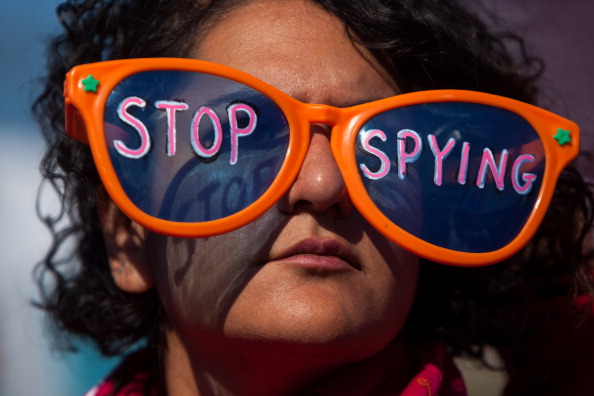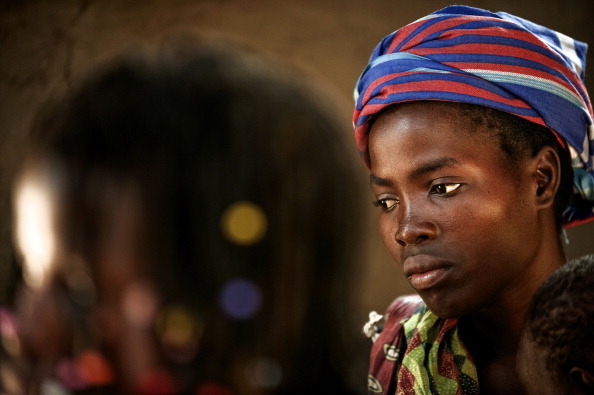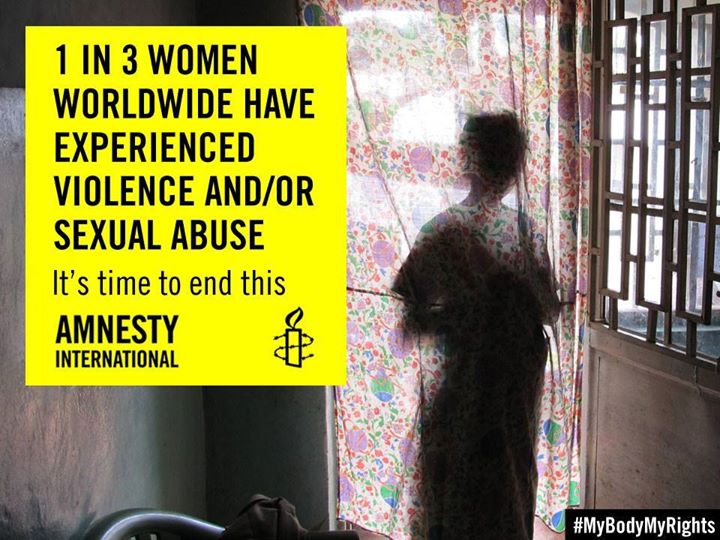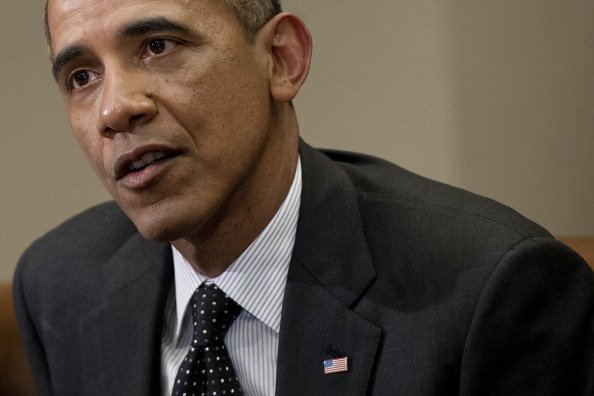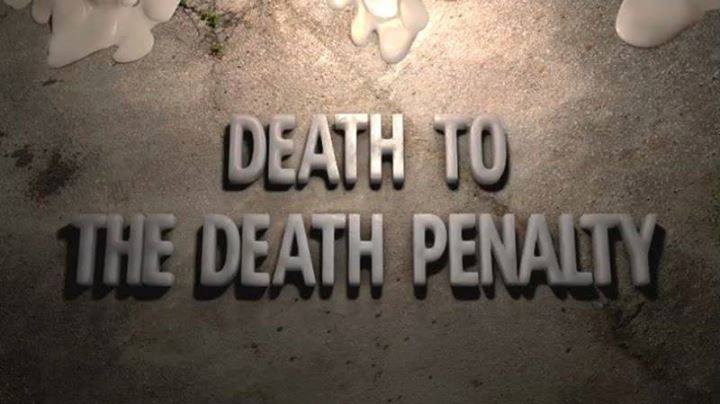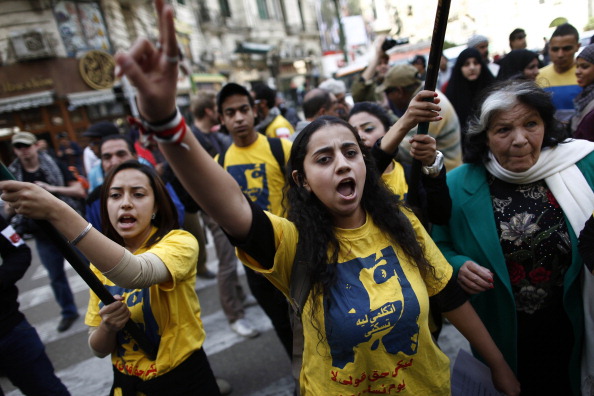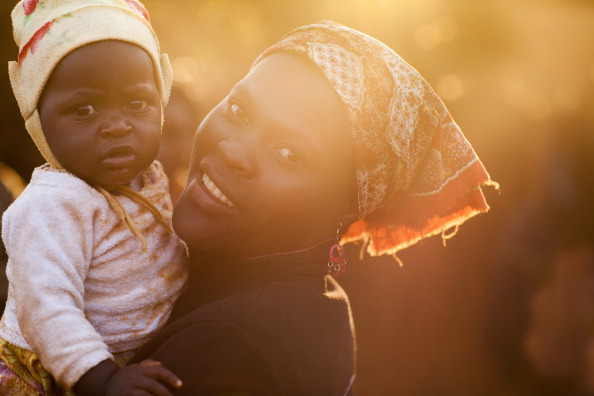
People wave Russian and Soviet flags as they look at fireworks in the center of the Crimean city of Sevastopol celebrating the annexation of the peninsula by Russia (Photo Credit: Viktor Drachev/AFP/Getty Images).
This post originally appeared in Foreign Policy under the title “A Culture of Fear, Made in Russia.”
By Salil Shetty, Amnesty International Secretary General
Two decades of stuttering human rights reform in Ukraine was almost scuppered overnight when, on January 16 this year, the Parliament in Kiev railroaded through a raft of new legislation to restrict the freedoms of expression, association and assembly.
A virtual carbon-copy of laws adopted in neighboring Russia in recent years, they were tailor-made to give the Ukrainian authorities increased powers to prosecute those involved in the anti-government protests in Kiev’s central Maydan Square, as well as silence dissent more widely.
